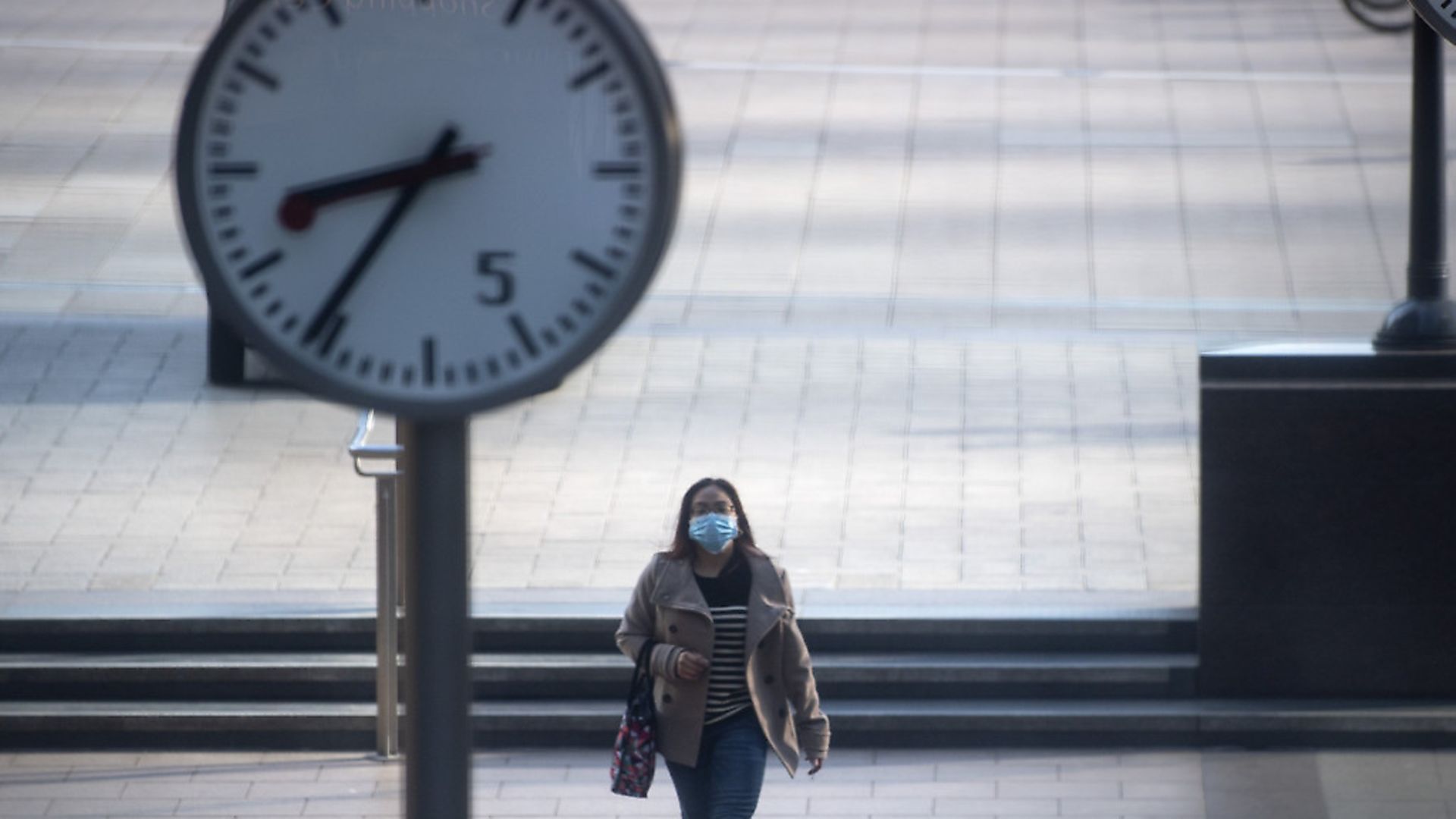
The only ‘herd immunity’ world leaders should opt for is a united global effort for the state to invest, writes ANDREW ADONIS,
Whatever may or may not have been briefed or initially reported, as soon as the scale of the coronavirus pandemic became clear, the British government did not act on the basis of sacrificing tens of thousands of lives by relying on ‘herd immunity’. Nor has any government internationally.
Rather what we have seen is ‘political herd immunity’ – by which I mean the sight, in a desperate crisis, of virtually all governments moving to similar policy responses by a rapid process of ‘compare and copy’.
Within weeks, sometimes days, every country has moved from business as usual to lockdowns of extraordinarily draconian dimensions. Alongside this every country has introduced unprecedented loan and compensation schemes for loss of individual and business incomes. Now, every country is trying to get virus testing regimes up and running.
Having talked universally in recent weeks about ‘the Imperial College paper’ – the scientific paper which suggested there might be quarter of a million deaths in the UK, 1.2 million in the US and huge numbers in every country without lockdown interventions – policy-makers are now comparing and contrasting testing regimes to end the lockdowns without another spike in coronavirus deaths. Is it South Korea or Wuhan we should all be copying? Out of this will come the next herd-like policy.
Have your say
Send your letters for publication to The New European by emailing letters@theneweuropean.co.uk and pick up an edition each Thursday for more comment and analysis. Find your nearest stockist here or subscribe to a print or digital edition for just £13. You can also join our readers' Facebook group to keep the discussion and debate going with thousands of fellow pro-Europeans.
No country’s rulers want to be seen to be out of line if the consequence is a massive loss of life amid callous indifference to the spread of the virus. Trump or Merkel, Putin or Macron, the sentiment is the same. At this basic level, politicians are a herd too. They are seeking political immunity by acting together even though they all know that the consequences of the lockdowns are grim in their impact on lives and livelihoods. But they are generally thought to be less grim, or at any rate less visible, than a massive escalation in the number of virus deaths and hospitals that are visibly overwhelmed.
The differences in policy between countries, although much debated, have been second order. The Swedes have made a thing of not shutting down their schools. But in Britain we haven’t shut them either: we have said they are open for ‘key workers,’ and most schools are still open, just as schools in Sweden are either closed or restricted as soon as cases of the virus arise.
Similarly, some financial aid packages are more generous than others. But all developed countries are funding very substantial packages, including Trump’s United States, whose $2 trillion package is the largest fiscal stimulus in American history. Cheques of $1,200 are going to most American adults, bearing Trump’s own signature. Remember, this is re-election year. We are all socialists now.
The tragedy is the situation of poorer countries which simply can’t afford such generous universal packages. This includes Italy, still reeling from the 2008 financial crisis, which is now issuing food stamps to prevent social unrest and violence, as many families struggle with virtually no income. However, Giuseppe Conte’s government is not letting up on the lockdown, for fear of a further spike in coronavirus deaths.
When the crisis subsides, huge challenges will be faced in terms of government debt and continuing business and employment damage. In Britain alone there are estimates of a £200 billion budget deficit this year as tax income vanishes as fast as the jobs required to pay it. If the lockdown persists for many months, the public debt situation will be similar to the end of a major war.
I suspect that governments will act like a herd then too. The choice will be stark – whether to continue borrowing to keep up demand and supply or to cut immediately to try and get the tax-and-spend position back to pre-crisis levels.
We have been here before. After the First World War, the international trend was towards cuts and austerity in pursuit of balanced budgets. After the Second World War, Keynes’ ideas led to invest-to-produce strategies, with commitments to high employment and welfare states.
I hope, after the crisis, that we go for state investment not state austerity. History shows that investment works best and is fairest. But my hunch is that most countries will opt one way or the other, together. It’s called herd immunity.









